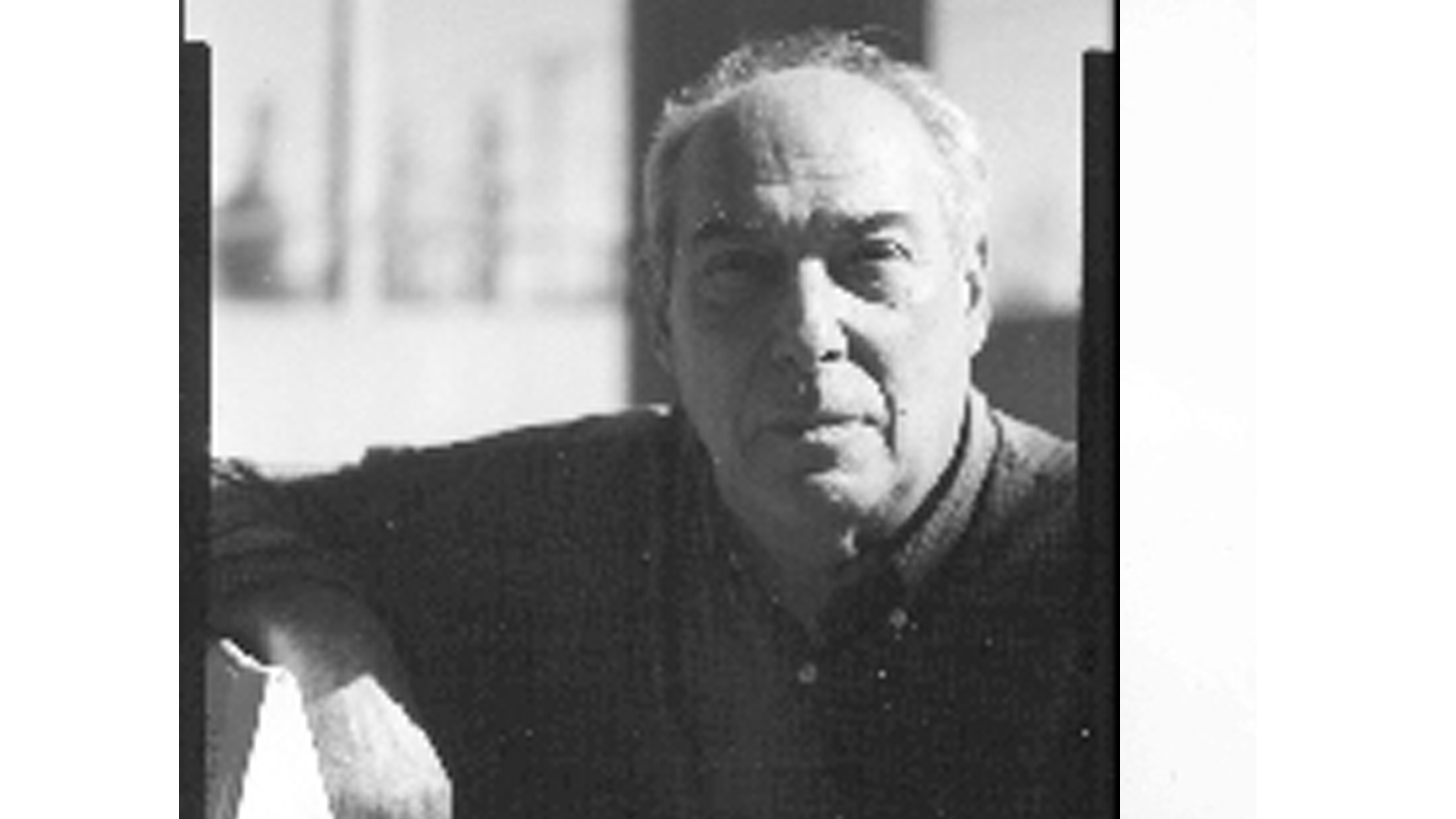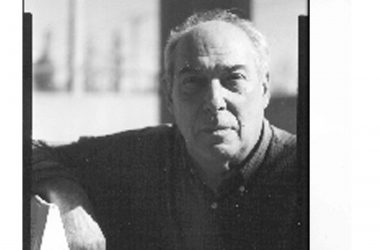By Noel Ignatiev
There are those who think that because something is about class it
cannot also be about race. I am not one of them. There are those who
think that because something is about race it cannot also be about
class. I am not one of them either. The task is to specify the relation
of race and class.
There was a time when the task of subjugating black people was carried out by the mass of ordinary whites, in return for which they were sociallly defined as part of the dominant race. While “white” laborers did not in general receive a share of the profits extracted from the exploitation of black labor, and were often cruelly exploited, they were the favored slaves of capital, holding a monopoly of the better jobs, standing at the front of the hiring line and the rear of the layoff line, and partaking in what Du Bois called a “public and psychological wage”—in other words, the privileges of whiteness. At that time the black “bourgeoisie” (such as it was) played little role in keeping the masses down, and class divisions within the black community were relatively unimportant. As a symbol of who enforced control, in 1940 there was not a single black policeman in any deep south state, where more than half the black population lived, and few elsewhere.
The triumph of the civil rights movement gave rise to a layer of black people, north and south, whose job is to administer the misery of the black poor, often in the name of “Black Power.” Black mayors, police chiefs, city councilmen, prison officials, superintendents of boards of education and welfare departments, heads of foundations now do the job once done by whites, who as a consequence have lost a great deal of their social function and the status attached to it. I am not suggesting that the privileges of whiteness no longer exist; but changes in the economy and the decline of many institutions that used to guarantee them—in the first place, the unions—mean that they are no longer what they were. Some whites have accepted the changes without much fuss: two out of five voted for Barack Obama in 2012; whatever they thought they were voting for, clearly it was not traditional white supremacy. Of the three-fifths who did not vote for him, not all can be assumed to have voted for white supremacy, although some certainly did. Current battles over the Confederate flag reflect the unwillingness of some whites to accept the changes, but the direction of the wind is shown by the vote of the Memphis City Council to take down the statue of the number-one war criminal, Nathan Bedford Forrest, and disinter his remains and those of his wife, as part of a national wave of casting off Confederate icons since the massacre at the church in Charleston, S.C.
The changes in the mechanisms of control are not limited to high-level administrators: many of the police in the black neighborhoods are black, along with social workers, schoolteachers, corrections officers, etc. It used to be that poor black people who went to the Social Security office or the DMV were insulted and humiliated by white clerks; now they are insulted and humiliated by black clerks. Because of the peculiar history of America, in which white men have sought to protect their most precious property, their women, black progress is gendered; that is, while black professional women have unprecedented visibility in situations from which they were previously excluded, black men are seen as dangerous and still can’t get a taxi in New York City. Many of these people themselves face racial oppression: Trayvon Martin’s mother was a corrections officer, and it didn’t save her son.
The immiseration of the black poor and the existence of a privileged layer of black professionals in previously white spheres appear to be in conflict: How could such progress exist alongside such misery? We’ve come a long way, say the pundits, but there is still a long way to go. That is a completely wrongheaded way to look at it. In fact, there is a necessary connection between the two phenomena: neither could exist without the other; that is, without black faces behind desks, no force could stop the masses of black poor from tearing the country apart; and on the other hand, without the threat of the black poor there would be no black faces behind desks. To understand the relationship between black progress and black genocide is the heart of class analysis today.
The supreme example of the interaction of class and race is President Obama. Is he the target of attacks that would not be directed at him if he were not black? He certainly is, and it is lucky for him that he is, because without those attacks the masses of black people and hopeful whites who looked to him to lead the country out of the mess would see him as “a child-murdering imperialist” instead of a black child-murdering imperialist in whom they still have lingering hopes. Do I acknowledge the racial element in the attacks on him? Yes, I do. Do I sympathize with him? Yes, I do, and with his wife and daughters, and after I have shed my tears for the young men in Baltimore he labeled as “thugs” and for their mothers who whack their sons around in public to keep the police from killing them, I will send him a sympathy card, which I hope he will read while awaiting trial by an international tribunal for his crimes, along with Biden and Kerry, Bush, Cheney and Rumsfeld and the Clintons. But who has done more harm to black people, the vicious Spokane County, Washington mayor who called Michelle Obama “gorilla-face,” or the First Lady’s husband who presides over the institutions that condemn millions around the world to endless night?
A big failing of U.S. political life today, affecting radicals like Cornel West, Harry Belafonte and many others and including most progressive whites, is the insistence on seeing President Obama, Supreme Court Justice Clarence Thomas, former Chief-of-Staff Colin Powell et al as traitors to their race or, more gently, brothers gone astray, instead of as the class enemy, and until people make that breakthrough they will continue to be disappointed.



